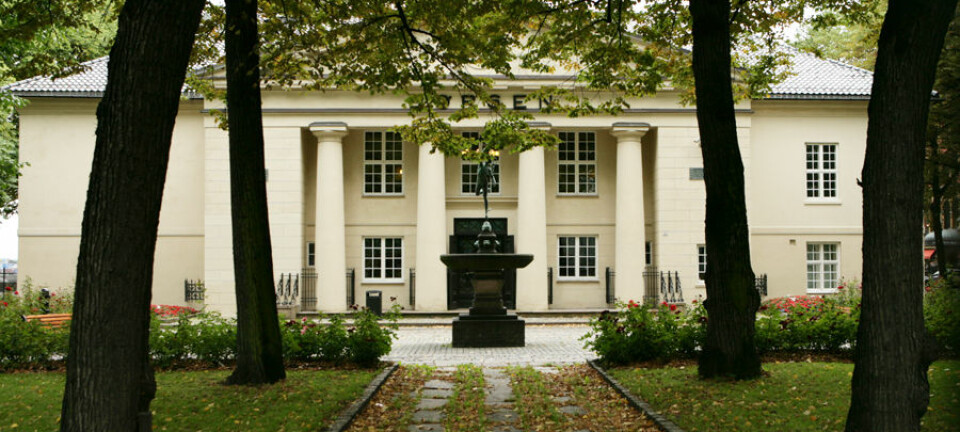
Foreign markets: high risk, high reward
Branching into markets that are culturally unlike your own poses risks, but can be a better business strategy than staying closer to home.
Expanding into new markets is a challenging undertaking for a business, particularly if the market is in a very different culture, with all its potential uncertainties and pitfalls. It’s a high-risk, high-reward strategy - but new research suggests that success can come from knowing your market.
“An accurate assessment of the cultural distance between countries may result in business opportunities for the firm,” says Goudarz Azar at the Swedish University of Agricultural Sciences, “while misperceptions and subsequent erroneous forecasts could lead to the wrong goals being pursued, and business failure.”
Explored food export markets
Azar has just published a new study of how approximately 150 ‘low-tech’ companies, most of them in the food sector, made strategic decisions about marketing and exporting to foreign markets. The Swedish food sector has seen an increase of more than 135 per cent in exports nationally over the last decade.
Food products are inextricably linked to customer tastes, habits and customs, which often vary between different cultures. The issue of ‘food culture distance’ makes it all the more challenging to go into new, unknown markets.
Business opportunities in foreign markets
However, the seemingly easier option of staying closer to home has its own problems - such as stronger competition and the challenge of making the brand stand out from its competitors, Azar suggests.
“In contrast, differences in psychically distant markets may bring business opportunities in terms of a greater ability to differentiate, as well as to unexploited market environments,” he writes in his thesis.
In addition to avoiding the tough competition closer to home, businesses that branch into distant markets also generate valuable international experience and make the company more adaptable.
Manager perceptions decide
Trying to break into a market that is very culturally different is challenging, and is a major source of uncertainty for expanding firms.
“Making the right decision regarding the choice of foreign markets is vitally important, since a wrong choice can place a firm in a critical strategic position, resulting in long-term consequences for the firm’s future success,” Azar's report points out.
In the end, crucial decisions on choosing new export markets, strategic marketing and innovation are largely down to managers’ perceptions of the cultural differences, according to Azar’s findings. Fortunately, the study showed that their perceptions were usually not far off the mark.
“Overall the managers had a well-founded and relevant perception of the cultural distance,” says Azar.
Hiring local knowledge
His study also suggested that hiring local people (‘inpatriates’) with knowledge of the local market, business practices and cultural preferences is an effective way of gaining a foothold in a new market.
“The greater the cultural distance between the home country and the host country, the greater the value of inpatriate expertise,” Azar said.







